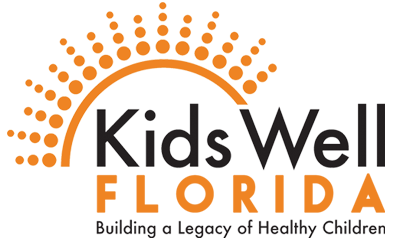Dental care is an obvious medical issue which can sometimes create life threatening illness. Still, it is often addressed separate from general health insurance. Inspired by tragedies like the 2007 death of a Maryland boy, the ACA makes an attempt to provide dental care to those who can’t afford it. Marissa Evans of Reflejos explores how dental coverage will work under the ACA.
How will kids’ dental coverage work under new health law?
Marissa Evans, November 3, 2013
Dental care for children can be complicated, especially under the new health care plans.
One part of the Affordable Care Act is intended to improve dental coverage for children, prompted by the 2007 death of an uninsured Maryland boy named Deamonte Driver, who was killed by a bacterial infection that spread from an abscessed tooth to his brain.
Supporters of better dental care for children successfully pushed to have dental and vision services for children included in the law’s 10 categories of essential benefits.
With the launch of the new health-care marketplaces, here are some questions and answers about purchasing dental and vision coverage.
Q: Will I be required to buy pediatric dental care if I purchase insurance on the exchange?
A: Most likely, no. Children’s dental care may be included in some plans offered on the marketplaces. But many insurers may offer it as a stand-alone policy, which you are not required to buy under federal law, though people in some states are required to do so.
Nevada and Washington state, for example, are requiring this coverage. The insurance will cover visits to a dentist for basic or preventive services, such teeth cleaning, X-rays and fillings, and medically necessary orthodontics.
Q: Is it common for health insurers to not offer dental care as part of comprehensive health insurance?
A: Overwhelmingly, dental benefits are contracted and sold separately from medical plans in the current market. The National Association of Dental Plans says 99 percent of dental benefits are sold under a policy that is separate from medical coverage.
Q: How many children may benefit from expanded coverage?
A: Approximately 8.7 million children are expected to gain some form of dental benefits by 2018 as a result of the ACA. This will reduce the number of children without dental benefits by about 55 percent compared with 2010, according to a report from the American Dental Association.
About a third of these children will be covered through their parents’ employer-sponsored insurance, while about another third will be covered through Medicaid. The remainder will be covered by new policies from the health insurance exchanges.
Q: Would I still have out-of-pocket dental expenses?
A: If purchased from a federally run exchange as a stand-alone policy, pediatric dental coverage can include annual out-of-pocket expenses as high as $700 per child or $1,400 per family, according to Colin Reusch, a senior policy analyst with the Children’s Dental Health Project, a nonprofit based in Washington.
And the cost of stand-alone coverage won’t count toward the medical out-of-pocket limit built into the health-care insurance policy. In addition, while some people get tax credits to help pay medical premiums, there are none for stand-alone pediatric dental plans.
However, the Delta Dental Plans Association, whose member companies offer dental coverage across the country, notes that stand-alone dental plans are likely to have much lower deductibles than medical plans that also include child dental care, or possibly no deductibles.
Q: Will I be required by the Affordable Care Act to buy pediatric vision coverage?
A: Yes, but it will be included in medical plans and will at least partially cover such things as eye exams and glasses.





November 3, 2013
Blog